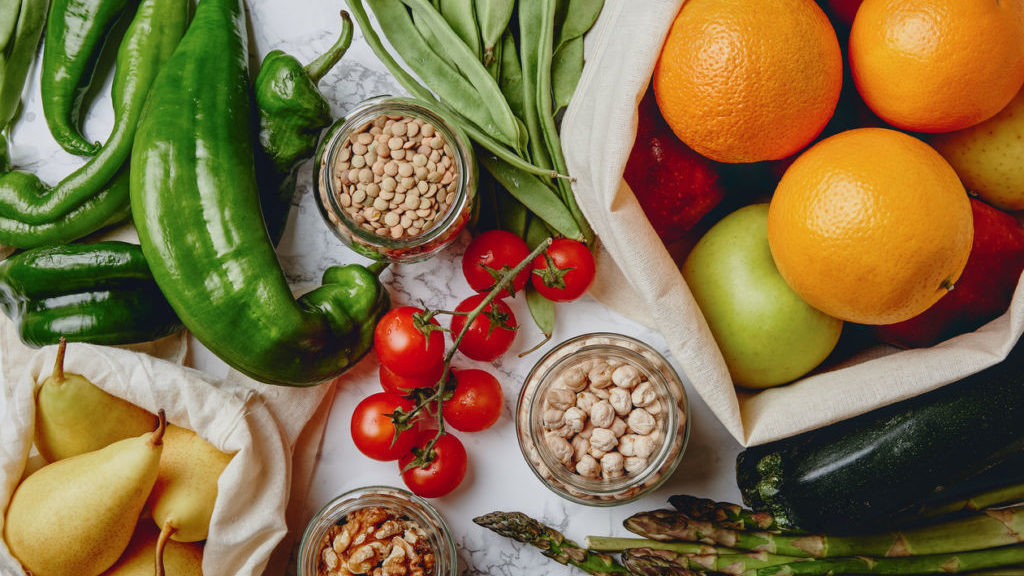What is sustainable food?
Sustainable food is defined as food that is safe and good for the health of consumers and is produced in a humane, environmentally friendly, responsible by social means, as well as economically fair. It might seem like an ideal, as the criteria do cover a wide range, but sustainability as its core is not just purely on reducing the carbon footprint produced by humans. Food that avoids the wastage and damage of natural resources, at the same not contributing to climate change.
Why is sustainable food important?
Food is, in essence, the fuel for human life. Not only that, food plays an important part in a society’s culture, identity and economy. Most people have been made aware that the food that they intake in their diet is an important factor that affects their health, but not many are aware of the consequences and impact of our producing and consuming our food. Many of the world’s food production systems are compromising the capacity of Earth to be able to produce more food in the future.
Here are a few examples:
- Agriculture: The irrigation activities involved in farming and fisheries depletes the lands’ resources faster than it can be replenished, making it the single largest factor of biodiversity loss.
- Phosphorus buildup is quickly becoming an issue in soils and as well as, nearby lakes and water reservoirs. Many acid-loving plants are affected by the high amounts of phosphorus which kills these plants.
- Food waste is high on the rise despite food scarcity in some parts of the world. The amount of resources from nature that is required to breakdown the wasted food is taking a toll on the environment.
- Change in the diet of society : In recent years, it can be observed that the trend of food is leaning towards diets that are less healthy and less sustainable. Now, what seems to be high on demand is more calories, more sugar and fewer greens.
- Food prices : Due to limited land resources and the scarcity of certain food resources in other countries, this sought-after commodity is used to gain profit instead of focusing on the issue of providing food to the community at large.
Thus, steps have to be taken to help reduce the negative impact of food production on the environment.
How we can all play our part
Zero waste eating is one of the ways in which we can help with food sustainability. We should aim to be moderate in our consumption of food to prevent food wastage as well as food packaging waste. Not separating the waste also further aggravates the problem.
This is because food waste, which is usually wet, is able to contaminate other items that otherwise could have been recycled. Food waste which accumulates in landfills gives off large amounts of greenhouse gases that contribute to climate change and depletion of the ozone layer.
Buying local and seasonal food can improve food sustainability. Foods that are locally produced do not need many artificial chemicals to preserve their condition and prevent rotting. Other chemicals that are commonly used in agriculture such as pesticides and herbicides, not only negatively affect the environment, but they have adverse effects on human health as well. Eating seasonal food such as fruits may help to prevent food wastage and is much more affordable and taste better.
Growing your own food in your garden. This helps to reduce the usage of plastic packaging in grocery stores and supermarkets. Growing more food on the land aids in the process of “greening” patches of land and to reduce the extremes of the “steel jungle.”
These gardens can help to prevent water run-offs, grips soil in place and providing cleaner, fresher air. Community welfare and bonds can also be strengthened by starting up community gardens where locals can work together, reduce stress by taking up gardening and increasing physical activity.
Eating a balanced diet. Prioritising health is one of the easiest ways to make our food systems last for the future. Reducing the amount of sugary foods helps to protect children from a combination of artificial colourings and flavourings that may cause bad reactions in their bodies.
Lastly, education is essential. By spreading information on sustainable food, we can all play our part and help to make our food production systems more sustainable for the future.
